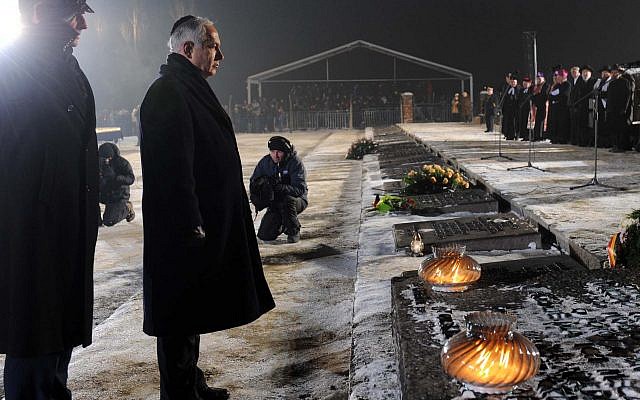Last week Rabbi Mark Borovitz spent Shabbat with our congregation and spoke to us about his story. He was jailed for theft. He lied repeatedly to people, including family and friends. He is a recovering alcoholic.
For years he has been the senior rabbi of Beit T’shuva, a residential treatment center that has helped thousands of people with various addictions to manage those addictions and to lead responsible, productive, purpose-driven lives.
He and I were schmoozing Shabbat afternoon about our lives, our work and our communities.
And we identified one major theme which affects his community and our community - many communities, in fact - something which is at the root of so much of our unhappiness and which prevents us from moving forward in healthy ways.
And that is shame. Shame is powerful, corrosive, debilitating. And it comes from so many different places.
Shame. The feeling you might have when you are addicted to a substance or a behavior and can’t stop.
Shame. The feeling you might have when you are experiencing financial difficulties and can’t provide adequately for your loved ones.
Shame. The feeling you might have if you think or know that you’re gay or trans and people around you make jokes or comments that suggest that such people are immoral or crazy or less than.
Shame. The feeling that you might have if your friends are bragging at the kiddush about how their children are dating “nice Jewish boys and girls” and your child is dating someone of another faith and you’re wondering if you can talk about it.
Shame. The feeling you might have if you’re in middle school or high school and you’re the last one picked for the team. Or it’s hard for you to process the instructions that your teacher is giving to the class. Or you don’t like the way your body looks.
Shame. The feeling that you might have if you don’t want to take an honor in the synagogue because your Hebrew isn’t so good. Or you struggle to walk. Or you’re not sure if you are good enough to deserve the honor.
Shame. The feeling you might have if your memory isn’t what it used to be and you can’t keep track of things so well and the people around you are noticing.
Shame, often, is a combination of how we feel internally and how we imagine, or know, that others around us feel about us, about our choices, our situation, our essence.
For years he has been the senior rabbi of Beit T’shuva, a residential treatment center that has helped thousands of people with various addictions to manage those addictions and to lead responsible, productive, purpose-driven lives.
He and I were schmoozing Shabbat afternoon about our lives, our work and our communities.
And we identified one major theme which affects his community and our community - many communities, in fact - something which is at the root of so much of our unhappiness and which prevents us from moving forward in healthy ways.
And that is shame. Shame is powerful, corrosive, debilitating. And it comes from so many different places.
Shame. The feeling you might have when you are addicted to a substance or a behavior and can’t stop.
Shame. The feeling you might have when you are experiencing financial difficulties and can’t provide adequately for your loved ones.
Shame. The feeling you might have if you think or know that you’re gay or trans and people around you make jokes or comments that suggest that such people are immoral or crazy or less than.
Shame. The feeling that you might have if your friends are bragging at the kiddush about how their children are dating “nice Jewish boys and girls” and your child is dating someone of another faith and you’re wondering if you can talk about it.
Shame. The feeling you might have if you’re in middle school or high school and you’re the last one picked for the team. Or it’s hard for you to process the instructions that your teacher is giving to the class. Or you don’t like the way your body looks.
Shame. The feeling that you might have if you don’t want to take an honor in the synagogue because your Hebrew isn’t so good. Or you struggle to walk. Or you’re not sure if you are good enough to deserve the honor.
Shame. The feeling you might have if your memory isn’t what it used to be and you can’t keep track of things so well and the people around you are noticing.
Shame, often, is a combination of how we feel internally and how we imagine, or know, that others around us feel about us, about our choices, our situation, our essence.
